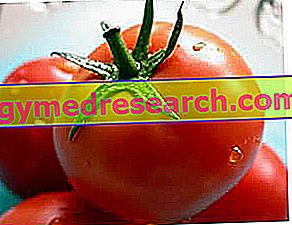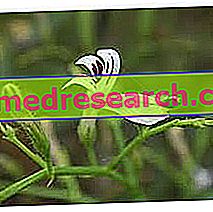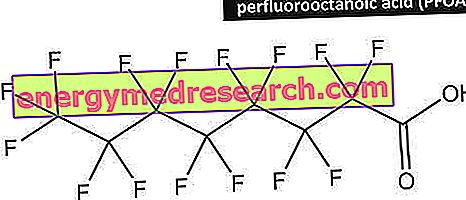Liver intoxication
The liver is an organ that performs most of the body's metabolic functions. Drug abuse and improper diet can poison and cause unwanted symptoms and disorders; in the long term, hepatic intoxication can give rise to the pathogenesis of even serious diseases, such as liver failure and hepatocellular carcinoma.

Detoxifying diet
The nutritional aspects that negatively affect the health of the liver are related to the quality, quantity and composition of the food; the excess of saturated fats, carbohydrates (especially simple and refined), ethyl alcohol or the total caloric excess determine the enlargement of the liver for fatty steatosis. To detoxify the liver with food it is first of all necessary to guarantee:
- Adequacy of energy supply
- Reduction of alcohol and alcohol consumption beverage portions
- Percentage of lipids that should be around 30% of total calories
- Good quality of lipids and low cholesterol intake
- Overall percentage of carbohydrates and in particular simple carbohydrates which must not exceed 55-60% of total calories
- Supply of simple refined carbohydrates equal to or less than 12%
- Reduced load and glycemic index of meals
They do not help detoxify the liver: food additives, excess protein and added fructose abuse. These components do not significantly affect the pathogenesis of fatty steatosis, but are nevertheless responsible for other mechanisms of liver overload.
In case of intense suffering of the organ it is advisable to undertake a low-calorie diet, characterized by the consumption of frequent and reduced meals, free of ethyl alcohol, with a prevalence of mono and polyunsaturated fats (25-30% of total calories), with a modest load and reduced glycemic index, which completely abolishes foods containing refined sugars and junk foods.
In the most important cases, hypoallergenic therapies based on rice proteins have been tested for a total duration of 10 weeks; the results on the target organ are good but, obviously, a similar alimentary conduct cannot be continued beyond due to the lack of numerous nutritional principles. The therapy proposed by dr. Jeffry Bland based on a diet poor in toxins, rich in n-acetyl-cysteine (NAC - free anti-radical) and favoring the endogenous synthesis of glutathione (endogenous antioxidant deriving from Niacin).
Detoxifying Supplements
In case of need, detoxifying the liver by radically changing the diet is essential; unfortunately, when the cause of hepatic impairment derives from pharmacological abuse, an alteration of the enzymatic function and impairment of specific cellular integrity can occur. The enzymes involved are:
- Bioactivation enzymes that catalyze oxidation-reduction, reduction and hydrolysis reactions
- Detoxification enzymes that catalyze conjugation reactions
In this case, in order to detoxify the liver, in addition to suspending (if possible) drug therapy, it could be useful to assist liver healing by optimizing nutrition through the use of some dietary supplements.
The drugs with hepatotoxic action act by promoting the synthesis of intrinsic hepatotoxins, but above all by making extrinsic hepatotoxins: electrophilic metabolites and free radicals. Liver detoxification can therefore be facilitated by the consumption of foods or supplements rich in antioxidants.
The most used foods and supplements recommended for liver detoxification are:
- green tea and artichokes, thanks to the high content of polyphenols,
- the milk thistle, containing silymarin (silibin + silidianina + silicristina), which increases the activity of the RNA ribosome through the nucleolar polymerase A with regenerative effect.
Bibliography:
- Internal Medicine Treaty. Volume 3 - G. Crepaldi, A. Baritussio - Piccin -
- Total well-being. Learn to know the healing mechanisms of your body to live better - Joseph Pizzorno - New Techniques - pag 153: 157
- Eat that passes you . A revolutionary look at food to live healthier and longer - Filippo Ongaro - Piemme - pag 221-222.



